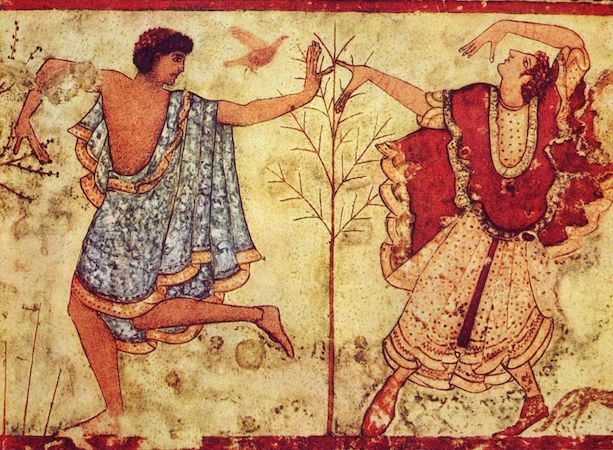
The aim of this conference was to consider mourning from a range of different perspectives, across a variety of languages, time periods, disciplines, and forms. It was organised by academics at UCL (Florian Mussgnug and Jennifer Rushworth in the School of European Languages, Culture and Society (SELCS); Susan Irvine from the Department of English Language and Literature) and at Roma Tre (Simona Corso from the Dipartimento di Lingue, Letterature e Culture Straniere), with the latter being the host institution.
The conference was characterized, from the outset, by a dialogue between different times. At first, this dialogue concerned a bringing together of modern and medieval texts. On the one hand, there was Dante, with reference both to the Vita nuova and to the Commedia and papers by noted Dantisti Helena Phillips-Robins (Cambridge), Catherine Keen (UCL), and Luca Marcozzi (Roma Tre). On the other hand, Roland Barthes provided a modern, autobiographical frame of reference, in the provisional and fragmentary form of his posthumously published Mourning Diary. Simona Corso considered this genre across French, Italian, and English examples, and situated it in contrast to a taboo on death noted by Philippe Ariès and others; Adina Stroia (UCL) spoke about a related category of récits de mort and the legacy of Roland Barthes’s Camera lucida. Jennifer Rushworth’s paper built a bridge between Dante and Barthes, exploring Barthes’s mournful reading of Dante. Susan Irvine’s paper also combined a medieval text (The Dream of the Rood) with its modern afterlife in the form of an engraved glass window.
This focus on different times, however, also led us from the literary into other domains. A panel on ‘Deep Time’ started with ancient archaeology, reflections on burial practices, and a challenge to anthropocentrism, in the paper of writer and biologist Aarathi Prasad (UCL). The paper of Uta Staiger (UCL European Institute) took, instead, a perspective that was political and theoretical, but also steeped in the classical: an exploration of the myth of Antigone and its implications for the relationship between mourning, citizenship, and the city. The panel concluded with Florian Mussgnug’s investigation into the elegiac quality of environmental writings in the context of climate change and mourning for a future that, in many ways, is already present.
Finally, at the heart of the conference was an embracing of creative practices in response to mourning. We had a presentation from the artist Zoe Papadopoulou on her Wellcome Trust-funded project ‘Grief: A Work in Progress’. We also included a string quartet by Shostakovich, performed by students from Roma Tre, a poetry reading from Elena Buia Rutt with her translator Andrew Rutt, and a creative critical reading by Timothy Mathews (UCL), drawn from his ongoing ‘Chronicles’ project. These interventions unusually created a space for the personal and the emotional within an academic setting.
The conference was featured in L’Osservatore romano on 11 May 2019 (http://www.osservatoreromano.va/it/news/intuizione-e-riflessione)
and the full programme can be found here: http://lingueletteratureculturestraniere.uniroma3.it/bacheca/scorso/wp-content/uploads/sites/17/2019/05/manifesto-Mourning.pdf.
Jennifer Rushworth
UCL
